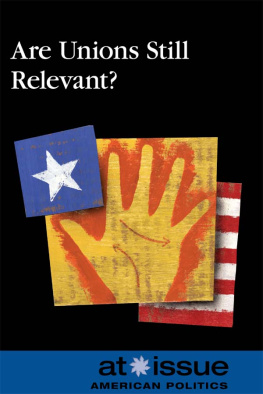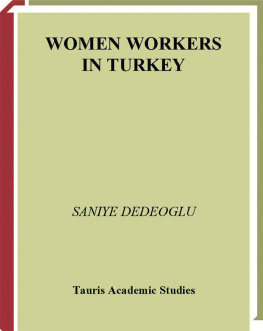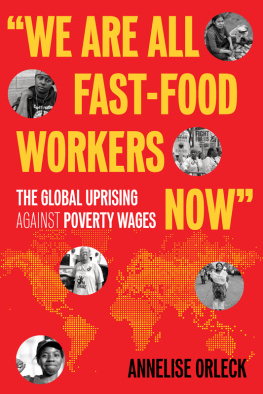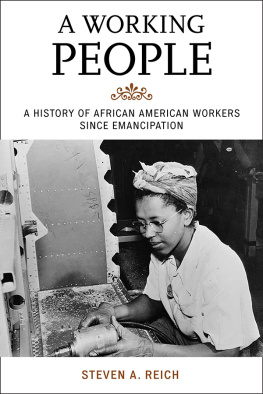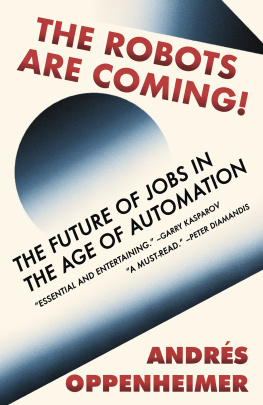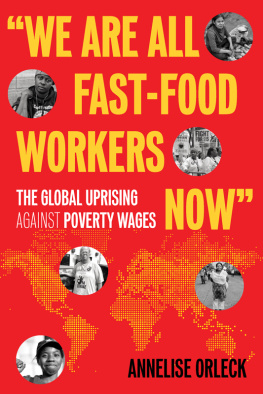UNDER CONTRACT
THE INVISIBLE WORKERS OF AMERICAS GLOBAL WAR
NOAH COBURN
STANFORD UNIVERSITY PRESS
STANFORD, CALIFORNIA
Stanford University Press
Stanford, California
2018 by the Board of Trustees of the Leland Stanford Junior University.
All rights reserved.
No part of this book may be reproduced or transmitted in any form or by any means, electronic or mechanical, including photocopying and recording, or in any information storage or retrieval system without the prior written permission of Stanford University Press.
Printed in the United States of America on acid-free, archival-quality paper
Library of Congress Cataloging-in-Publication Data
Names: Coburn, Noah, author.
Title: Under contract : the invisible workers of Americas global war / Noah Coburn.
Description: Stanford, California : Stanford University Press, 2018. | Includes bibliographical references and index.
Identifiers: LCCN 2018003015 (print) | LCCN 2018005313 (ebook) | ISBN 9781503607163 (ebook) | ISBN 9781503605367 (cloth : alk. paper)
Subjects: LCSH: Afghan War, 2001Participation, Foreign. | Foreign workersAfghanistan. | ContractorsAfghanistan.
Classification: LCC DS371.4125 (ebook) | LCC DS371.4125 .C64 2018 (print) | DDC 363.28/980973dc23
LC record available at https://lccn.loc.gov/2018003015
Cover design: Christian Fuenfhausen
For Ann Struthers Coburn and Michael Cutler Coburn. I am grateful for their enlightened parenting decisions and consistent love and support.
CONTENTS
PROLOGUE: NO SMALL WAR
REMAINDERS
On a mild April day in 2015 with the wildflowers on the hills in full bloom, I stood by the side of the road and watched half a dozen men, armed with crowbars and blowtorches, swarm a shipping container. With quick efficiency, they pried off the tops and sides. As if pulling apart a cardboard box to be recycled, they dismantled the container into neat piles of metal siding. They loaded these pieces into the back of an aged truck, which grumbled to life and, a few minutes later, trundled east toward Pakistan.
Just half a mile from the front gates of Bagram Airbase, these piles of scrap metal marked the end of President Barack Obamas surge that the U.S. government had hoped would turn the tide in Afghanistan. Living in Kabul and visiting the area around the base regularly, I had watched with local Afghans as U.S. troop levels had shot up to almost 100,000 in 2011 as buildings sprang up rapidly on and around the base.
Alongside the road, just below the watchtowers of the base, there were buildings and small compounds heaped with plywood and used office furniture, but also more bizarre sights, such as dozens of porta-potties, stacked up on their sides like blocks, and a small shop bursting with used printer cartridges. Overflow was spilling out the front door. Workers and traders crowded the street haggling over various goods. Anything on the base that could be salvaged had been snatched up and was now being carefully taken apart and repurposed. I walked up the road toward the base, watching shoppers and laborers sort through the debris that had come off the base, the remainders of the American invasion of Afghanistan and the subsequent fifteen years of fighting.
While the war in Afghanistan was not overthere had been a Taliban raid in the area that morningthe period of vast American spending was drawing to a close. These funds had made many in certain industries wealthy. Supplies intended for the base flooded the local market. Aid rushed in, generating hastily thrown together development projects. Certain businesses boomed while others struggled. Now the base was being dismantled, and the scrap was being shipped off first to Pakistan and then beyond. Tens of thousands of soldiers, diplomats, aid workers, mercenaries, businessmen, and contractors were leaving the country, some with terrible injuries, others having made their fortunes. Those who had come for the conflict and had been reshaped by it were all moving on, just like me, creating an ever-expanding, largely invisible blast zone of the war.
All of us were marked by the violence and wealth that war creates.
I first arrived in Afghanistan in 2005 as a graduate student, eager to study local politics in an area north of Kabul, assured by the media and politicians that the war triggered by the U.S.-led invasion was over, or at least would be shortly. They were wrong. Soon there were reports of the Taliban retaking districts in the south of the country. And I, thinking my time in Afghanistan would be brief, perhaps eighteen months on the ground to complete my dissertation, was wrong too. Twelve years later, watching the dismantling of the war, I was still there, my work and life now intertwined with the future of the country.
The timing of my arrival had been lucky. During the period of relative peace, I had time to learn Dari, the variety of Persian spoken in
After finishing my graduate studies, with so much attention being paid to the country, I decided to stay in Afghanistan and see what I could contribute. I lived in Kabul, working for a local research organization, the Afghanistan Research and Evaluation Unit, as well as the United States Institute of Peace. Jobs were plentiful, and the funding allowed me to do the type of on-the-ground research on politics, conflict resolution, and elections in particular that interested me. As a white American man who spoke Dari and had lived with Afghans, I was in a privileged position. I could talk to international journalists and meet with diplomats at various embassies, but also visit small Afghan villages and see what some of the results of the ongoing conflict werethe crater from an insurgent rocket in my friends backyard; the storefronts that were damaged by an American convoy driving by too fast. I saw the war from more sides than most other people did.
Living on the edge of a war zone for five years, I had my share of close calls: a building had been blown up by a suicide bomber directly across the street from where I was standing. I had been in a high-speed car chase when my car in Kandahar had been targeted by a Taliban spotter. Friends and colleagues had been kidnapped or killed. But most of the time, life in Kabul had been more mundane. I had lived in a house with three roommates. We had a dog and two tortoises that hibernated in the winter and munched on our vegetable garden in the summer. We planned dinners and did the things that other young professionals did. The war was a constant in our lives and, at the same time, shockingly easy to ignore.
I worked with a team of Afghan researchers studying aspects of the international presencefor example, how internationally sponsored elections were changing politics on a local level. As an anthropologist interested in how the conflict was affecting others, I conducted interviews with diplomats, soldiers, development workers, and ordinary Afghans. I traveled to massive international bases, government offices, and the homes of Afghan friends. I tried to view the war from as many angles as possible. I became interested in the inadvertent effects of the war: businesses that had failed because aid money had disrupted the market, people who had been promoted since no one else was willing to go to Afghanistan, opportunities won and lost. These changes were often most visible in places like Bagram.
In the bazaar at Bagram, the contrast between those who had benefited from the war and those who had not was stark. Local businessmen and government officials had made money from the building of the base and providing it with supplies. Others had made millions setting up private security firms.
Those working in the bazaar and other ordinary Afghans benefited much less. Those who were not in the tiny ruling elite tended to live in houses that still lacked running water, and electricity was available only for those in the largest towns in the area. According to the World Bank, in 20062007, 36 percent of Afghans were poor and did not have the buying power to satisfy basic material needs. Five years of international funding later, in 20112012, the numbers had changed little: 36 per
Next page

